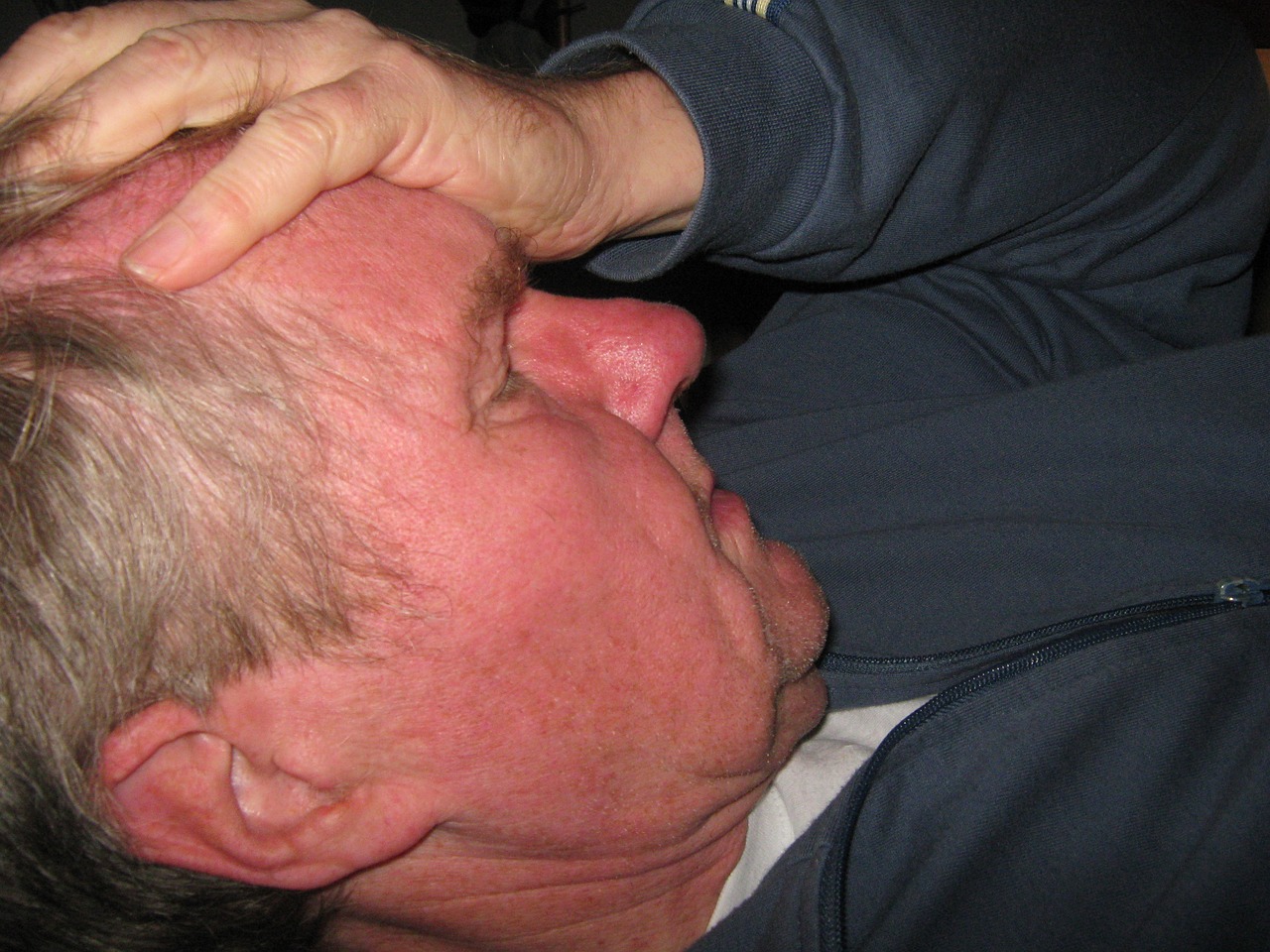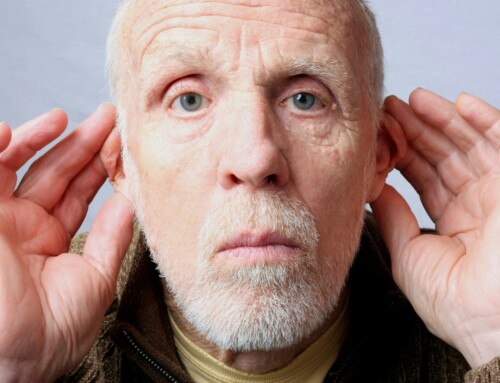If you are a senior who is starting to deal with headaches and migraines, we feel for you. Severe migraines can be some of the most debilitating illnesses, removing a senior’s ability to get out of bed, take care of the house, and care for themselves. Today, we want to provide some information that may be relevant to your new reality and discuss how assisted living can be the perfect partner to tackle this issue head-on.

Migraines vs. Headaches
Migraines and headaches are common issues for seniors, but they aren’t the same thing – even though they are often confused.
Migraines are more intense and come with other symptoms like nausea and sensitivity to light and sound. They usually affect one side of the head and can last for hours or even days. Headaches, on the other hand, are generally less severe and can affect the whole head.
Knowing the difference can help manage the pain, but it may still be hard to tell them apart on your own. Migraines might be triggered by stress, certain foods, or lack of sleep. Headaches can be caused by dehydration, eye strain, or sinus problems. For seniors, it’s helpful to keep a diary of symptoms to identify patterns and triggers and show them to doctors or caregivers later on.
Risks to Seniors: What Headaches and Migraines Could Signal
Headaches and migraines often signal other health issues, especially if they happen out of the blue. Common causes of minor head pains include dehydration, side effects from medications, or even vision problems. However, persistent or severe headaches can also be signs of more serious conditions like high blood pressure, stroke, or even brain tumors.
Unfortunately, age-related changes in the body can make seniors more susceptible to headaches and migraines. For example, changes in blood vessels or a higher likelihood of medication interactions can increase headache frequency and intensity. While this could be good news—an explanation for sudden migraines that doesn’t signal a massive underlying issue—it still introduces chronic pain into the lives of many seniors.
When to See a Doctor and How to Manage Pain
Seniors should definitely learn when to seek medical help for headaches and migraines, especially if new migraine symptoms are quickly followed up by another migraine, signaling a pattern. If a seve headache appears out of nowhere accompanied by symptoms like changes in vision, confusion, or difficulty speaking, contact a doctor or healthcare provider immediately, as this pain could be an early warning of a serious condition.
Regular check-ups with your doctor can help manage the pain for more typical headaches and migraines. Doctors might recommend neurological exams, imaging tests, or blood work to rule out any underlying issues. Sometimes, swapping medications can eliminate side effects and fix your headache problems.
In addition, there are definitely ways to make changes at home. Eating a balanced and healthy diet, getting regular exercise, and finding effective relaxation techniques can all contribute to better headache management. If you need temporary pain management, over-the-counter medications can be effective—but it’s important to use them as directed and consult with a doctor about safe options. While not effective for everyone, every senior dealing with new headaches and migraines should identify any negative lifestyle changes in the recent past and look to address them. You may just solve the issue yourself.
Migraine and Headache Assistance at Assisted Living Facilities
A bad cold can ruin your day, but it doesn’t usually stop you from finishing your daily chores or caring for the house. But when severe migraines are part of your life, you sometimes have to put your entire life on hold. For seniors who are already challenged in caring for themselves, this is a dangerous situation.
At assisted living facilities, staff can help with anything you need when a migraine or bad headache knocks you out of commission. Even when you’re healthy, assisted living facilities can provide the necessary medical care to accurately identify underlying issues and manage symptoms, as well as transport you off-site to appointments.
If you or a loved one are struggling to live at home while dealing with migraines, headaches, or any other medical issue, assisted living can provide additional help without limiting independence. Contact A Banyan Residence today to schedule a tour of our facility and learn more about what we do.






